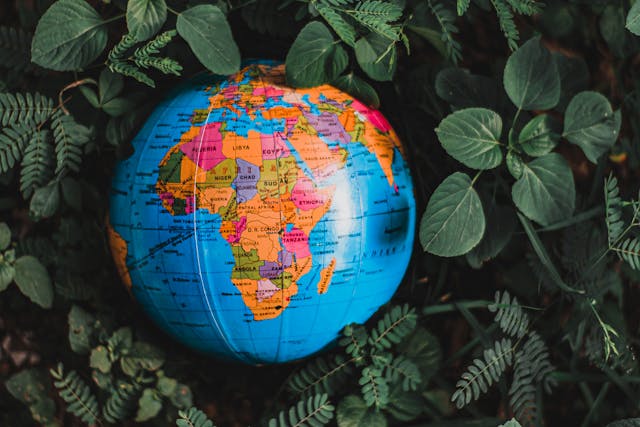AfCFTA: An Overview and Implications for Startups

Udokanma Georgewill
February 1, 2025

The African Continental Free Trade Area (AfCFTA) is a big deal for Africa, especially for startups and small businesses. But let’s break it down. For so long, there has been a divided market with different sets of rules, ridiculous taxes on goods crossing borders and complicated paperwork, making it hard for a trader or business owner in one part of Africa to easily buy or sell goods to those in another part of the continent. This is why the AfCFTA exists, to make it easier for African countries to trade with each other. This means fewer taxes on goods that cross borders within Africa, simpler customs procedures, and better connections between countries. The goal is to boost business within Africa and help the continent’s economy grow.
So, how does all this help startups, you may ask? Before that, it is pertinent to explore this comprehensive agreement a little more to get familiar with its processes. Now, in trading, there are rules, and in the AfCFTA, the rules concern how goods and services are traded, how to settle disagreements, protecting ideas and inventions (intellectual property), fair competition, investments, and even specific considerations for women and young people in business. These regulations ensure fair and seamless operation, therefore forming the basis of the new African market.
The deal officially began on May 30, 2019, for the countries that had signed up, indicating that the AfCFTA had been in the works for some time. By June 2023, most countries that initially signed the pact had officially confirmed their participation. This demonstrates African nations' strong commitment to making AfCFTA a success. It is also crucial to note that the AfCFTA fully adheres to the regulations of the World Trade Organization (WTO), the global organization that governs international commerce. This indicates that the AfCFTA is an integral part of the global trading system.
AfCFTA Protocols
There are two important parts of the AfCFTA, which are the Investment Protocol and the Competition Protocol.
The Investment Protocol
The Investment Protocol, agreed upon in February 2023, is about making it safer and easier for people to invest money in African businesses. It focuses on protecting local communities and setting up clear ways to resolve disagreements while balancing protecting investors' rights and the interests of the African countries where they invest. This protocol defines who counts as an investor and what counts as an investment. It also allows countries to refuse certain investments if they don't meet specific criteria like if people within Africa don't truly own the business. There’s the assurance that investors will be treated fairly, at least in comparison to those from the host country or other countries.
The Competition Protocol
The Competition Protocol is all about making sure businesses compete fairly. It's designed to stop companies from using unfair practices that could hurt the benefits of free trade. This protocol helps manage competition rules at the national level, the regional level, and across the entire continent, creating a unified system. It also prevents big companies from dominating the market and ensures smaller businesses have a fair chance.
Implications of AfCFTA for Startups
For a young entrepreneur in Sierra Leone who has developed a great education app and is bullish about the scale of this service solution, before AfCFTA, their market would have been limited to Sierra Leone. But now, with fewer trade barriers, they can easily offer the app services to customers in Nigeria, Ghana, Kenya, or any other AfCFTA member country.
- The expanded market access cited above is perhaps the most significant benefit. The AfCFTA opens up a market of over 1.3 billion people, drastically increasing the potential customer base.
- The Investment Protocol makes Africa a more appealing destination for investors. The agreement outlines clear rules and protections that lower the associated risks, encouraging local and foreign investment. This means that startups have a greater opportunity to secure funding to grow and scale their businesses.
- Thanks to the Competition Protocol, startups can compete with larger, more established businesses on an equal playing field. This protocol prevents discriminatory practices that could impede growth and innovation, allowing startups to focus on developing innovative products and services without worrying about being unfairly disadvantaged.
- The AfCFTA fosters the development of regional value chains, enabling various stages of a product's production to occur across multiple African nations. This provides startups with the opportunity to concentrate on specific segments of the value chain and grow into larger regional and continental markets.
Essentially, the AfCFTA will create a more integrated and dynamic African economy, offering unprecedented opportunities for startups to thrive. Big firms here will benefit from this deal in the same way that their European counterparts do, while the next generation of African entrepreneurs will be enabled to build successful businesses and contribute to a more prosperous future for everyone.


